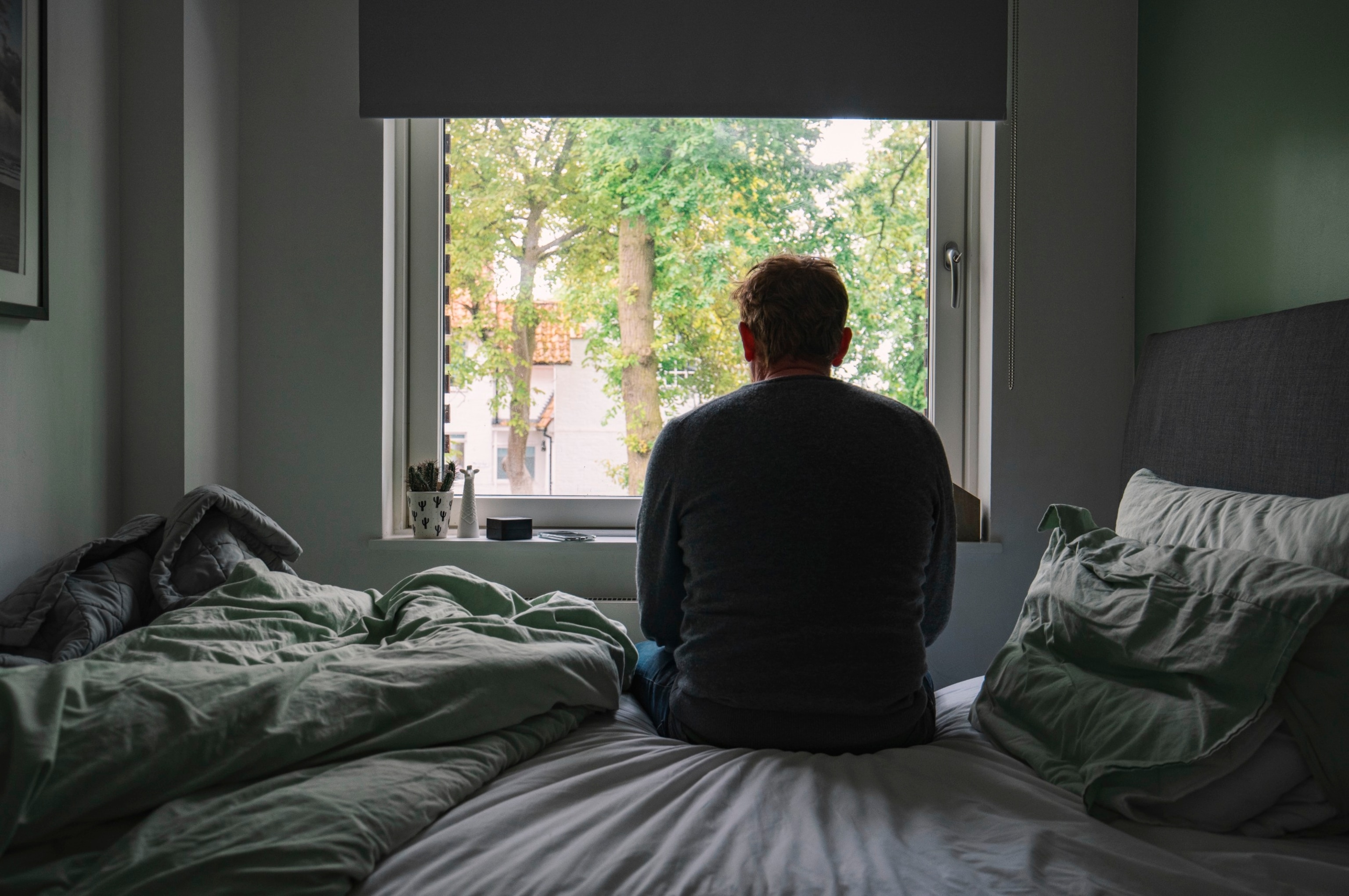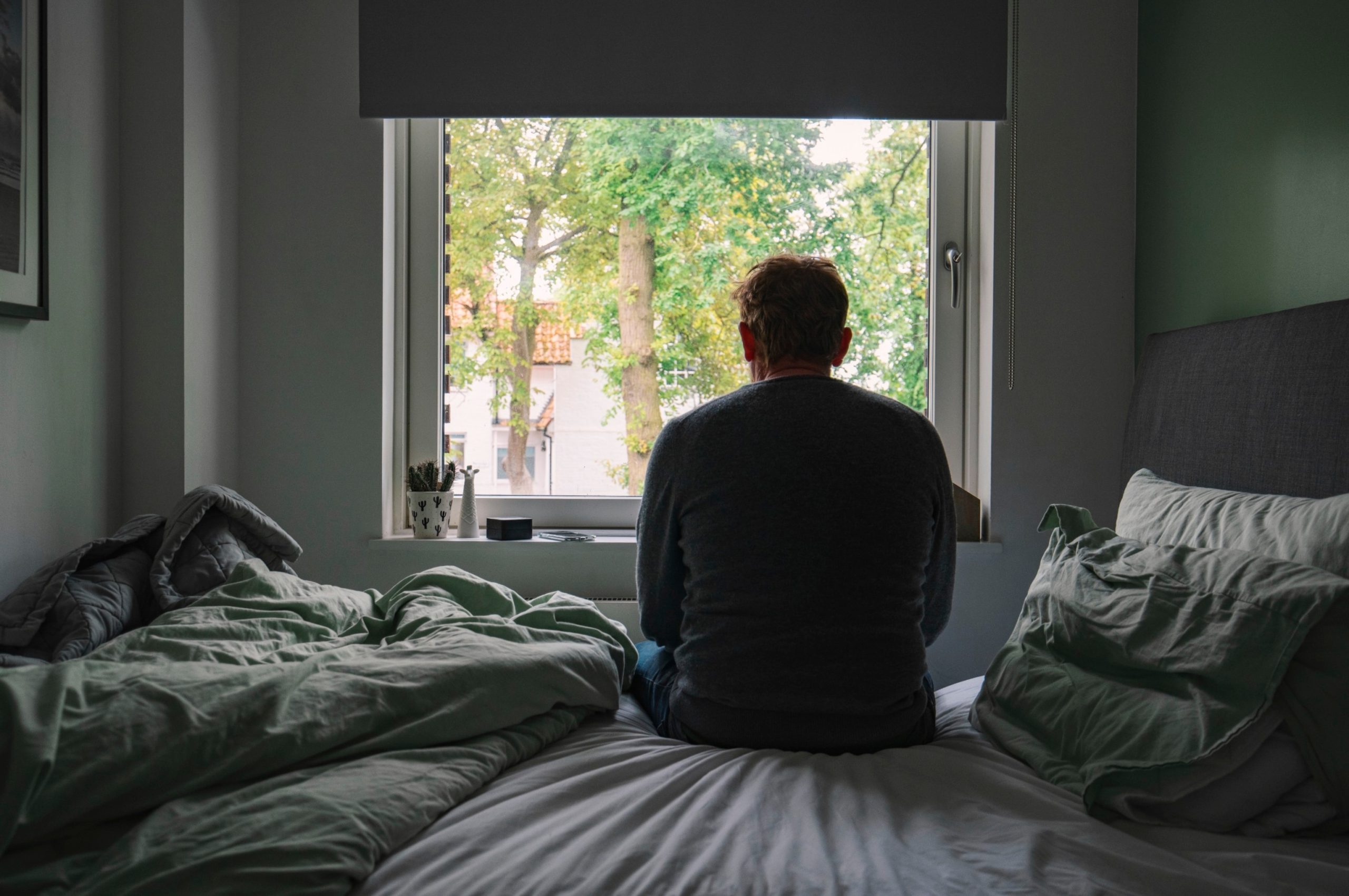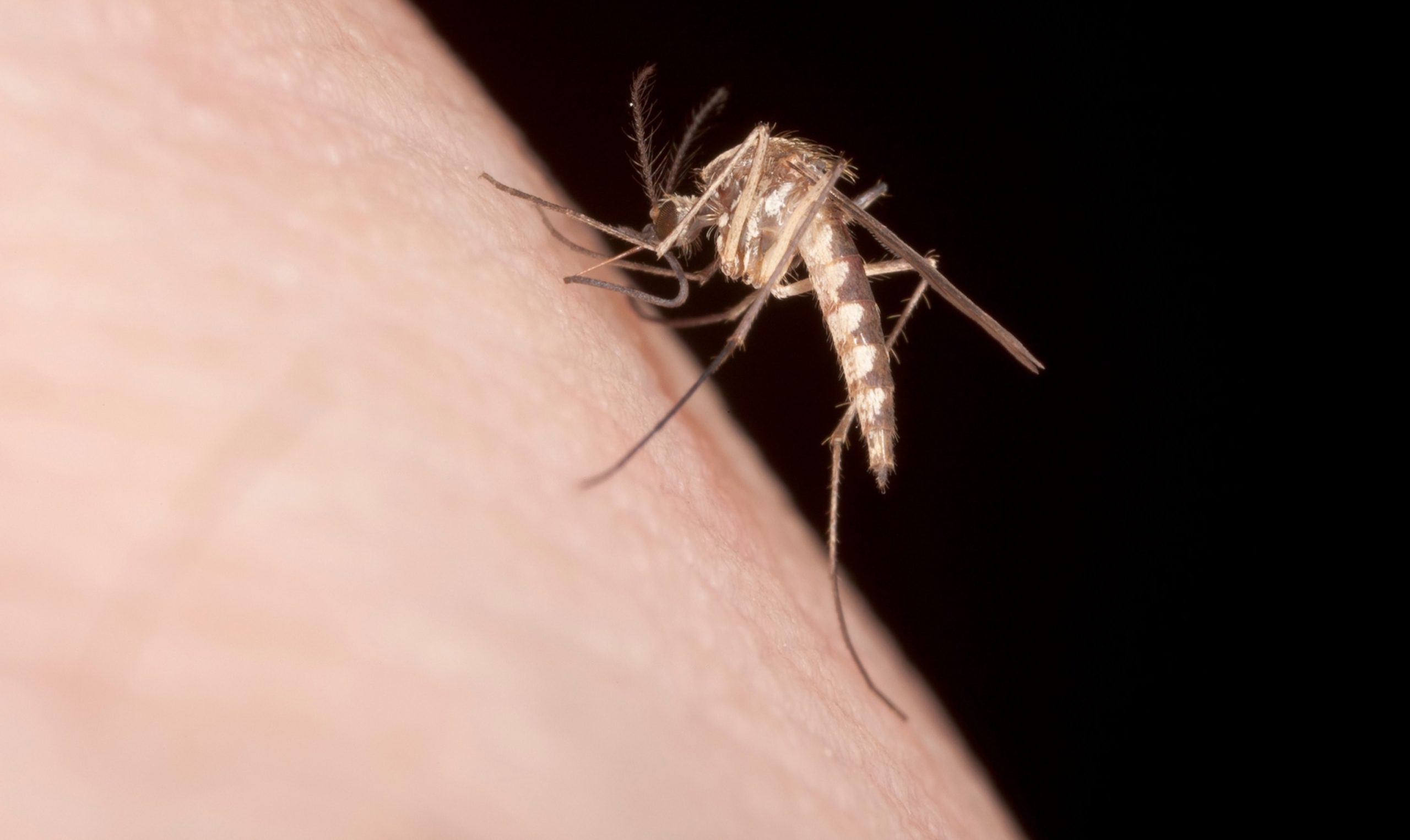Last year, U.S. Surgeon General Dr. Vivek Murthy declared a national loneliness and social isolation epidemic throughout the country.
He warned that about half of U.S. adults are experiencing considerable levels of loneliness, which can affect physical, mental and societal health
To mark Loneliness Awareness Week from June 10 to June 16, Murthy spoke to ABC News stations across the U.S. about the causes and solutions for combating feelings of isolation.
How do you define loneliness?
MURTHY: Loneliness is like hunger or thirst. It’s a feeling that we experience when something we’re lacking for survival is missing from our life. And if we respond to it, relatively quickly, it may go away. But just like hunger or thirst, it’s when it persists for a long period of time, when we’re not able to figure out how to address it, that is when we start to worry.
Loneliness is a subjective feeling — that the connections that we need in our life are greater than the connections we actually have.
Is it normal to experience loneliness occasionally?
MURTHY: We all may feel temporarily lonely from time to time. If I go on a trip, for example, without my wife and my two kids, I may miss them, and I may feel lonely if I don’t really know anyone in the work trip that I’m going on. But if I come home, then I may feel better because I reconnect with them.
Similarly, if I have a best friend who moves away to a new city and I no longer have that person in my life, I might feel lonely for a period of time. Those kinds of temporary bouts of loneliness are quite normal.
How many Americans are experiencing loneliness?
MURTHY: One in two adults in America are living with measurable levels of loneliness, but the numbers are even higher among young people.
So, this is an incredibly common challenge that we’re facing.
What is contributing to the loneliness epidemic?
MURTHY: I think there are a number of factors that are contributing to our loneliness.
Today, we tend to get together less for dinners with friends or with neighbors. We also have more of our time siphoned off by social media and online interactions, which can be helpful in some ways, but can be taking time away from the in-person interactions we used to have.
Even though there’s a lot of great benefits to technology, what we see is that the ability to get everything delivered to us where we are means that we also just encounter people less often in the grocery store, in the retail store, or in our neighborhoods.
This is an epidemic of loneliness and isolation that has been building for years. But the pandemic did make it worse.
The lingering effects of being separated from one another are still with us. But there are factors bigger than the pandemic. I think it’s really important for us to keep in mind too, that for nearly half a century, we’ve seen declining participation in the organizations that used to bring us together, like recreational leagues and service organizations and faith organizations.

In this undated stock photo, a man is seen sitting alone on his bed as he looks out a window.
STOCK PHOTO/Getty Images
How does loneliness impact health?
MURTHY: We know now that when people struggle with things socially disconnected, over time, that it can have an impact on their mental health, increasing their risk for anxiety and depression, but also in their physical health, increasing their risk for heart disease, as well as dementia and premature death.
It also turns out that if we can invest in social connection, and building our relationships with one another, that can help us be healthy in the long run and can also make us feel good in the short term.
The overall mortality impact of loneliness and isolation are on par with smoking daily, and they’re even greater than the mortality impact we see with obesity.
Have you experienced loneliness yourself?
MURTHY: I’ve struggled with loneliness as a child and many times as an adult.
The simple act of picking up the phone to call a friend to check on them…the act of picking up the phone when somebody else calls, even if you don’t have a lot of time just to say, “Hey, it’s great to hear your voice, is it okay if I call you back later today?” These small acts make a really big difference in how we feel.
Is it better to connect in person or over technology?
MURTHY: The most effective way for us to connect with another human being is still in-person. If we can’t have an in-person connection, even calling someone on the phone or video conferencing with them, so you can hear their voice and even see them — that can also be very powerful.
The more you’re able to get closer to that in-person interaction — the more powerful it is. It doesn’t have to be a lot of time; a couple of minutes spent in person with somebody can be more powerful than a half an hour spent in distracted conversation, texting back and forth.
How can we combat loneliness?
MURTHY: Even just spending a few minutes each day, reaching out to people we care about can make a real big difference in how connected we feel.
It doesn’t take massive transformations in your life; it can start with small steps that you take. For example, spending 15 minutes a day just to reach out to someone in your life, just to check on them to see how they’re doing. It could be an old friend, it could be a new friend, it could be a family member, it could be a work colleague.
Murthy has issued a five for five connection challenge to help people start down a path of building connections.
“It involves taking one active connection each day for the next five days,” he said. “That could be expressing gratitude to someone, it could be calling a friend to extend help to them at a time when they’re struggling, or it could be asking for help yourself. But doing this over five days will make you feel different. And my hope is that that will be a jumping off point to help people build these kinds of practices into their life for the long term.”
Take the Surgeon General’s 5‑for‑5 Connection Challenge
Loneliness is a growing epidemic in today’s society, with more and more people reporting feelings of isolation and disconnection from others. In fact, the US Surgeon General has recently highlighted the dangers of loneliness, warning that it can have serious consequences for both physical and mental health.
Loneliness is not just a feeling of sadness or emptiness – it can actually have a significant impact on our overall well-being. Studies have shown that chronic loneliness can increase the risk of developing a range of health problems, including heart disease, depression, anxiety, and even dementia. In fact, some research suggests that loneliness can be as damaging to our health as smoking 15 cigarettes a day.
One of the reasons why loneliness is so harmful is that it can trigger a stress response in the body, leading to increased levels of inflammation and a weakened immune system. This can make us more susceptible to illnesses and diseases, and can also slow down the healing process when we do get sick.
In addition to its physical effects, loneliness can also take a toll on our mental health. Feelings of isolation and disconnection can lead to depression, anxiety, and other mental health disorders. And without the support of a strong social network, it can be difficult to cope with these challenges and seek help when needed.
The Surgeon General’s warning about the dangers of loneliness serves as a reminder that we need to prioritize our relationships and connections with others. Building strong social connections can help protect against the negative effects of loneliness and improve our overall well-being. This could involve reaching out to friends and family members, joining community groups or clubs, or seeking professional help if needed.
It’s important to remember that we are not alone in feeling lonely – many people struggle with these feelings at some point in their lives. By recognizing the dangers of loneliness and taking steps to address them, we can work towards building a happier, healthier future for ourselves and those around us.



